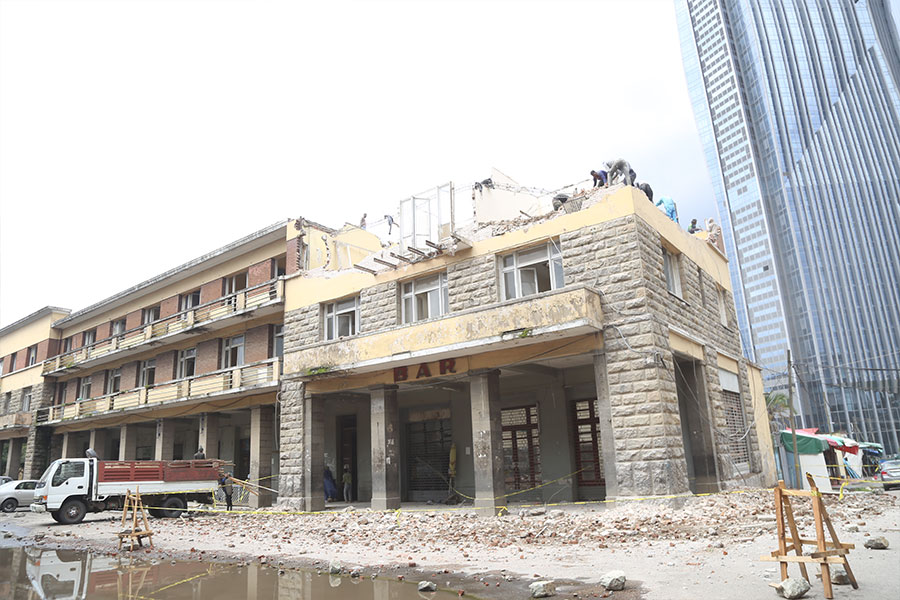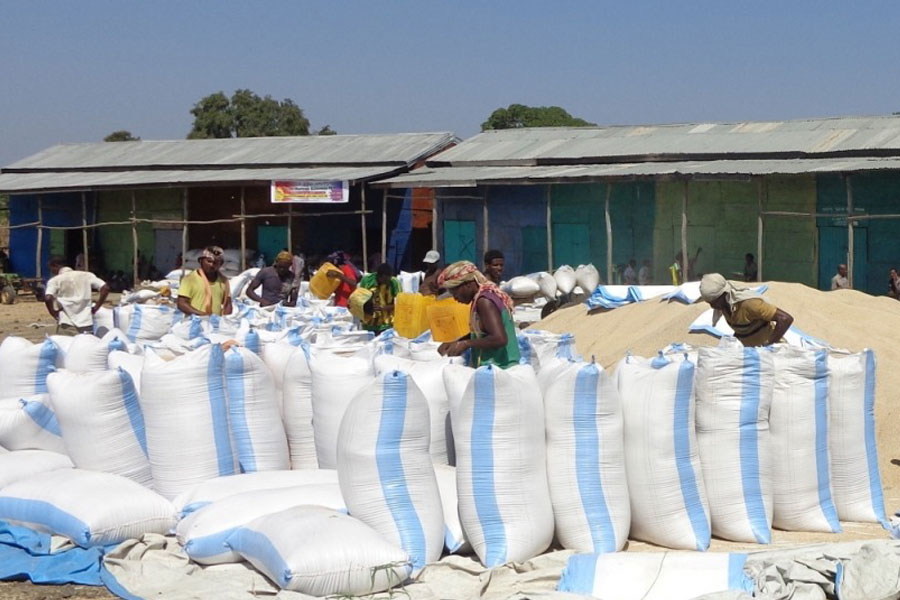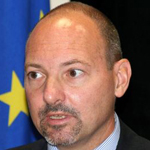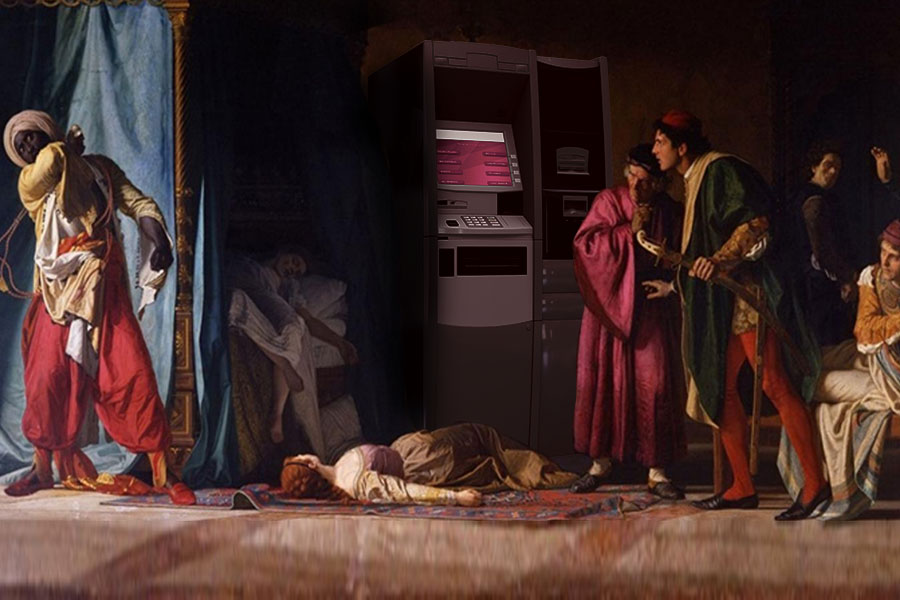
View From Arada | Feb 20,2021
Aug 20 , 2022
By Abreham Ketema
The military competition between Russia and the North Atlantic Treaty Organisation (NATO) is rapidly escalating. It has contributed to the development of conflict zones, allowing a range of humanitarian catastrophes and violations of human rights across the world. A focal point at the moment is Ukraine.
The war in Ukraine may be the most striking example of the struggle by Russian leaders, including President Vladimir Putin, to show their deep anger and frustration at the West, which challenges their regional dominance.
The question about the expansion of NATO may have been legitimate, but the invasion of Ukraine is wrong from even Russia's strategic point of view.
The CIA had been warning the world about the possible Russian invasion of Ukraine despite the initial reluctance of Ukraine to accept until the attack became a new reality.
First, President Vladimir Putin ordered a legislative meeting. Then they passed a vote to recognise the Donetsk region as an independent state, alleging atrocities against a Russian population living there. On the next day, President Putin authorised the nation’s defence force under cover of "special operations" into Ukrainian land.
Millions of Ukrainian left their homes in an effort to seek shelter afterwards. More than thousands of civilians have lost their lives. The others have been trapped amid crossfire and lost access to basic services in different parts of the region. Infrastructure built over the years was destroyed within seconds as the bombing continued. The repetition of human rights violations has raised concerns.
On the other hand, millions of Russians who had never been involved with their leader's decision were targeted with sanctions across the world.
Russia's invasion of Ukraine has taken the whole world's attention, challenging nations on where they would stand on their political decisions. The world is in a dilemma. For instance, the EU has been largely dependent on Russian gas for years. Its demand for energy has clouded its decisions, leading it to struggle to keep the economy going.
The Russia-Ukraine war has also added fuel to existing humanitarian crises. Consequently, the interruption of wheat supply from those countries has risked the starvation of millions and worsened aid dependency. According to the African Development Bank (AfDB), it is driving wheat prices up by 60pc.
What is the way forward?
The international community must continue to pressure all sides to come to the point of understanding.
The dialogue between only two countries may bring short-term peace. The first step is to facilitate the ceasefire. The withdrawal of Russian forces from Ukraine's land would be crucial. Russia must be willing to retreat, at least because its willingness to invade Ukraine broadened the desire of Finland and Sweden to join NATO. This shows Russian strategic error to forecast and understand it from a much broader concept. It would also help lessen the effect of sanctions and the segregation of Russia from the rest of the world.
The second step is to allow humanitarian aid to all displaced and conflict-affected communities. The international community must do their part. Above all, restoring access to all basic services such as electricity in conflict-affected regions of Ukraine is essential to save civilian lives.
Third, the international community must continue to push Russia and Ukraine through diplomatic pressure, aiming toward reconciliation. In this respect, mediation is critical from every angle to bring the seeds of hope.
Given the historical relationship between India and Russia, and the influence of political leaders like Prime Minister Modi, engaging them is key to a successful peace process.
The fourth step would be facilitating and supporting an independent human rights investigation of the atrocities committed. This part is essential to hold perpetrators accountable.
Lastly, preparing an all-inclusive dialogue seeks the representation of Russia and Ukraine, as well as NATO. The dialogue between the two countries will bring peace. At a minimum, it brings stability to Europe. At the most, it contributes to world peace and economic growth.
PUBLISHED ON
Aug 20,2022 [ VOL
23 , NO
1164]


View From Arada | Feb 20,2021

Radar | Jul 30,2022

Agenda | May 13,2023

Verbatim | Jun 04,2022

View From Arada | Oct 15,2022

Viewpoints | Jun 07,2025

Commentaries | Sep 21,2024

Commentaries | Feb 26,2022

Viewpoints | Jun 29,2024

Viewpoints | Nov 23,2024

Photo Gallery | 176007 Views | May 06,2019

Photo Gallery | 166221 Views | Apr 26,2019

Photo Gallery | 156646 Views | Oct 06,2021

My Opinion | 136867 Views | Aug 14,2021

Dec 22 , 2024 . By TIZITA SHEWAFERAW
Charged with transforming colossal state-owned enterprises into modern and competitiv...

Aug 18 , 2024 . By AKSAH ITALO
Although predictable Yonas Zerihun's job in the ride-hailing service is not immune to...

Jul 28 , 2024 . By TIZITA SHEWAFERAW
Unhabitual, perhaps too many, Samuel Gebreyohannes, 38, used to occasionally enjoy a couple of beers at breakfast. However, he recently swit...

Jul 13 , 2024 . By AKSAH ITALO
Investors who rely on tractors, trucks, and field vehicles for commuting, transporting commodities, and f...

Oct 18 , 2025
The political establishment, notably the ruling party and its top brass, has become p...

Oct 11 , 2025
Ladislas Farago, a roving Associated Press (AP) correspondent, arrived in Ethiopia in...

Oct 4 , 2025
Eyob Tekalegn (PhD) had been in the Governor's chair for only weeks when, on Septembe...

Sep 27 , 2025
Four years into an experiment with “shock therapy” in education, the national moo...

Oct 18 , 2025 . By NAHOM AYELE
In a sweeping reform that upends nearly a decade of uniform health insurance contribu...

A bill that could transform the nutritional state sits in a limbo, even as the countr...

Oct 18 , 2025 . By SURAFEL MULUGETA
A long-planned directive to curb carbon emissions from fossil-fuel-powered vehicles h...

Oct 18 , 2025 . By BEZAWIT HULUAGER
Transaction advisors working with companies that hold over a quarter of a billion Bir...